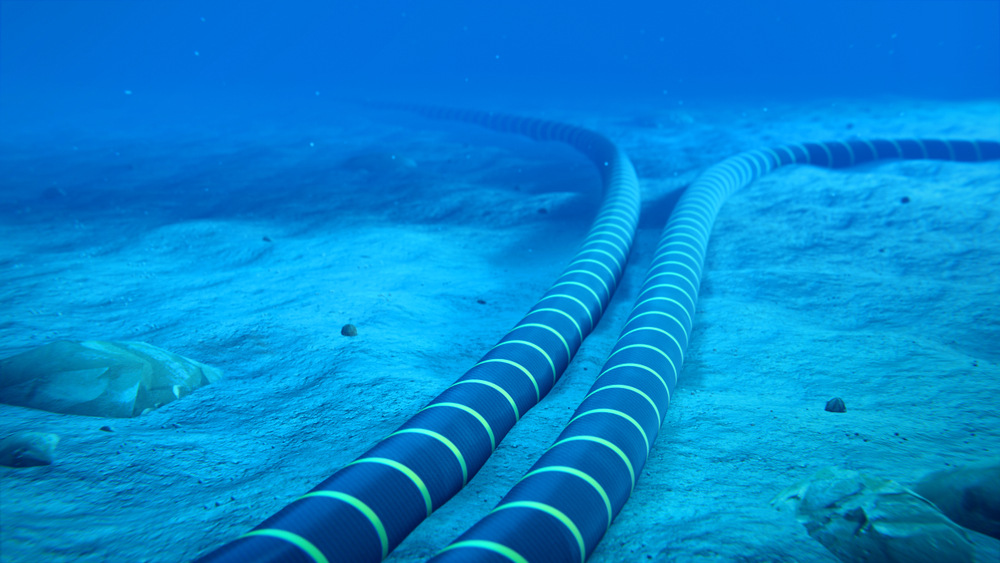amage to submarine cables in the Red Sea is disrupting telecommunications networks and forcing providers to reroute internet traffic between Asia, Europe and the Middle East.
Internet disruption
Out of the more than 15 submarine cables in the Red Sea, four have been severed las week, affecting 25% of the traffic flow between Asia, Europe, and the Middle East, HGC Global Communications said Monday.
The affected cables are Seacom, TGN, AAE-1, and EIG.
HGC did not mention how exactly these cables had been damaged. However, it noted ‘significant’ disruption to communications networks in the Middle East, the Hong Kong-based telecoms company said last week, announcing the damage.
HGC estimates about 15% of Asia traffic goes westbound, while 80% of the traffic passes through submarine cables in the Red Sea.
Seacom experienced a subsea cable system outage last week, which lasted more than 48 hours. The disruption impacted connectivity between Africa and Europe, local media reported.
Maintenance
Yemen’s Ministry of Telecommunications and Information Technology, in a statement on February 28, emphasized its commitment to safeguarding all telecom submarine cables and services, pledging readiness to facilitate maintenance and repairs in collaboration with the Government of Yemen and licensed parties under Sana’a’s Maritime Affairs Authority.
« (We) are ready to assist requests for permits and identify ships with the Yemeni Navy, and we confirm this is out of concern for their safety, » said Telecommunications Minister Misfer Al-Numair on X Monday.
Rerouting traffic
HGC is now rerouting affected traffic to mitigate disruptions, ensuring that its « clients’ communications do not pass through the damaged cables during this period. »
The company said Monday it had received inquiries from Middle East and North African (MENA) carriers for contingency rerouting options from Hong Kong networks to Westbound.
Russia risk
Russia is well positioned to conduct attacks on undersea cables with support from its intelligence ship, Yantar, which was spotted near cable locations in 2019 and 2021, the Atlantic Council said in a January report.
NATO Assistant Secretary General for Intelligence and Security David Cattler said in May that Russia could undersea cables to “disrupt Western life and gain leverage over those nations that are providing support to Ukraine.”
While undersea cables are crucial for transmitting sensitive data and supporting international telecommunications, they’re « relatively vulnerable. » The data is only safe as long as undersea cables are in good physical condition, but damages such as cut cables could leak data and interrupt vital international communications.




